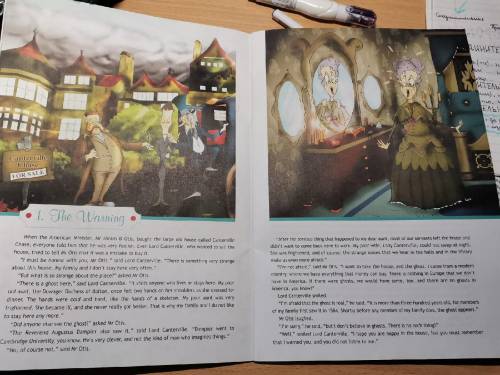

The Great Patriotic War (1941-1945) - the war between the USSR, Germany and its allies in the framework of the Second World War on the territory of the USSR and Germany. Germany attacked the USSR on June 22, 1941 with the expectation of a short military campaign, but the war dragged on for several years and ended in the complete defeat of Germany. The main reason for the outbreak of World War II was the expansionism of the Third Reich and its desire for world domination. Hitler has repeatedly stated that his main opponent is the Soviet Union. The Great Patriotic War ended in the complete defeat of Germany and its allies. The USSR not only defended its independence, but also liberated the countries of Eastern and Central Europe from Nazism.
But the victory to the Soviet people went very hard. Over 27 million people died, thousands of cities and tens of thousands of villages were destroyed. Most of the infrastructure in the territories captured by the Germans was destroyed: enterprises, bridges, railways. Severe losses were suffered by agriculture, especially livestock. The Soviet Union lost over 30% of its national wealth.
Wilde published “The Canterville Ghost” in 1887 at the end of the Victorian period. This short tale is a study in contrasts, simultaneously parodying the traditional ghost story and satirizing American values. While Wilde most obviously satirizes American materialism, English traditional culture is also fair game. In this humorous tale, an American family buys the old, haunted Canterville Chase from Lord Canterville who warns them of the ghost, Sir Simon, that haunts the mansion. The Americans are undaunted, and the ghosts efforts to terrorize the family are done in vain. Aside from the humorous satire, Wilde does include a serious message through the actions of young Virginia who learns what life and death truly are, and why love is stronger than both.